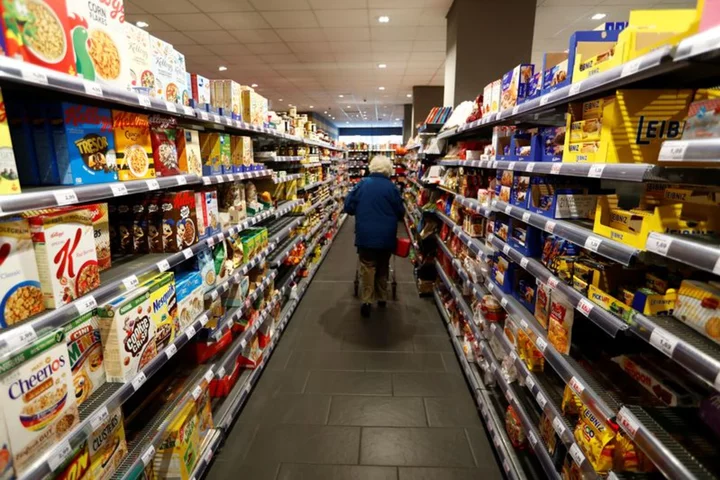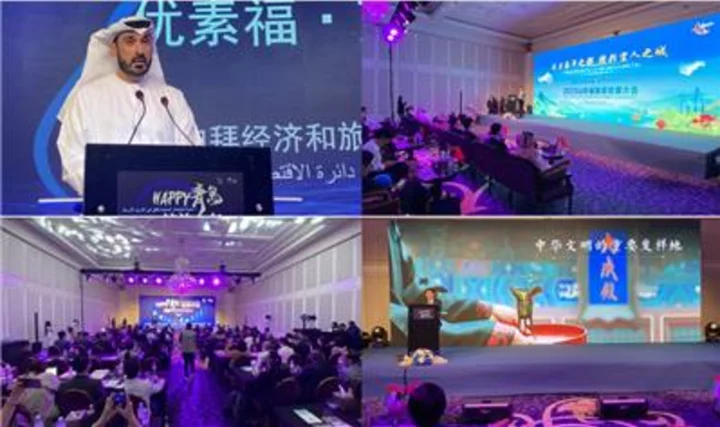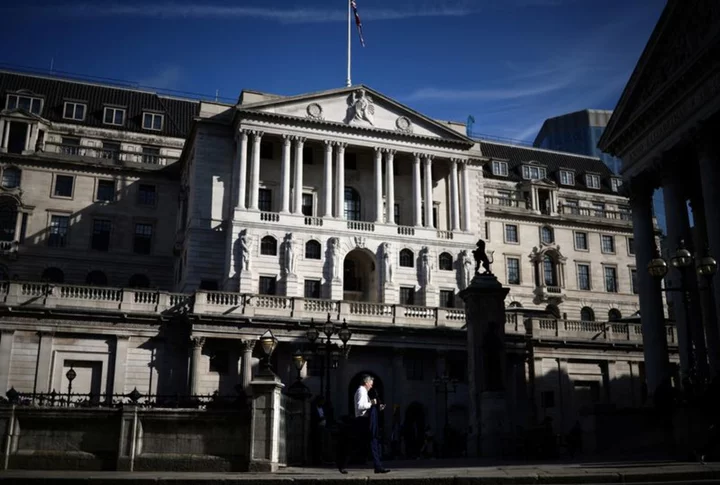BERLIN German consumer sentiment is expected to stabilize in August, after a slight decrease the month before, as households' hopes for falling inflation have led to significantly brighter income expectations, a GfK institute survey showed on Thursday.
The institute's consumer sentiment index rose to -24.4 heading into August from a slightly revised -25.2 in July, just above expectations of analysts polled by Reuters of a reading of -24.7.
The improvement in sentiment was driven primarily by a rise in income expectations, said GfK consumer expert Ralf Buerkl, since the subindices that measure propensity to save and propensity to buy remained nearly identical from July to August.
Income expectations jumped 5.5 points to reach -5.1 in July, the highest level since the outbreak of the war in Ukraine.
"The reason for the dwindling pessimism is primarily the hope of declining inflation rates," said Buerkl.
German inflation rose in June, interrupting a steady decline since the start of the year. Analysts polled by Reuters expect inflation to return to its downward trend in July when the statistics office releases its latest figures on Friday.
"This means that the chances of consumer sentiment resuming its recovery course have improved somewhat," but it will still remain low in the coming months, and private consumption will not be able to contribute positively to economic development, he said.
AUG 2023 JUL 2023 AUG 2022
Consumer climate -24.4 -25.2 -30.9
Consumer climate components JUL 2023 JUN 2023 JUL 2022
- willingness to buy -14.3 -14.6 -14.5
- income expectations -5.1 -10.6 -45.7
- business cycle expectations 3.7 3.7 -18.2
NOTE - The survey period was from July 6-17, 2023.
The consumer climate indicator forecasts the development of real private consumption in the following month.
An indicator reading above zero signals year-on-year growth in private consumption. A value below zero indicates a drop compared with the same period a year earlier.
According to GfK, a one-point change in the indicator corresponds to a year-on-year change of 0.1% in private consumption.
The "willingness to buy" indicator represents the balance between positive and negative responses to the question: "Do you think now is a good time to buy major items?"
The income expectations sub-index reflects expectations about the development of household finances in the coming 12 months.
The additional business cycle expectations index reflects the assessment of those questioned of the general economic situation in the next 12 months.
(Reporting by Miranda Murray, Editing by Friederike Heine)









